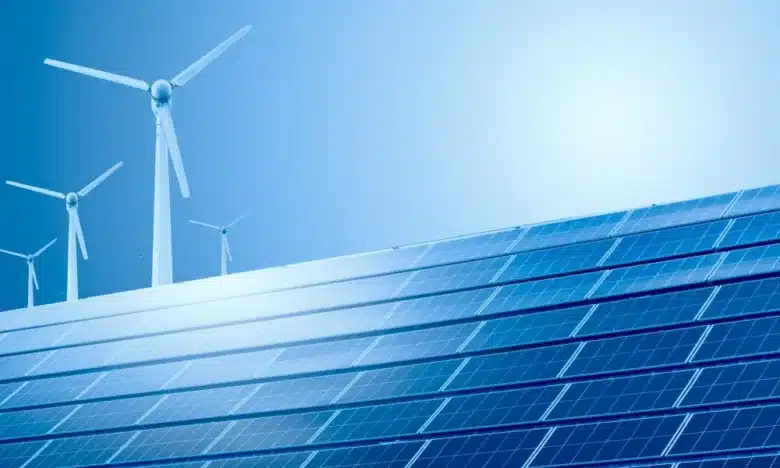
The Implications of Nuclear Energy in the Philippines
- August 20, 2024
The Philippines has well established its determination to go in the direction of renewable energy, but it’s only been going so far. Due to its intermittence and lack of a power storage infrastructure, the current supply of renewable energy being harvested may not be enough to meet the ever-rising power demand due to the country’s rapid economic growth. We’ve already stated our commitment to stop using coal and oil too – where else can we turn?
With the Chips Act being implemented in partnership with the US, the Philippines is assessing the potential of nuclear energy in powering the country.
The good things
Firstly, nuclear energy is a clean power source, able to reduce greenhouse gases with widespread usage. Secondly, nuclear energy provides a constant power supply. Because it is generated through power plants, people generally have control over the quantity produced to meet demand. Lastly, it has the potential to wean the Philippines off of its dependence on imported fuel sources.
The implications of developing nuclear power plants in the country could lead to more economic progress by creating jobs, local industries and acquisition of skills. These all attract more foreign investment.
The risks
However, nuclear energy is notorious for its volatile and high-risk nature that may result in disaster, exemplified by the Chernobyl explosion that affected multiple countries and generations with its harmful radiation. As a developing country with vulnerable communities, the Philippines may not be able to afford such a hazard. In order to push through with nuclear energy, the country will first have to implement the necessary safety systems and infrastructure to prevent accidents, requiring a large amount of time and budget that could be invested in the development of renewable energy which it has already started.
Although nuclear energy produces minimal carbon emissions, it does produce large amounts of nuclear waste. With the country already buried in waste management crises, it may not be sustainable to add another kind of waste to this unsolved problem. Public opinion may also be a hurdle, as nuclear energy is seen as a threat to nearby communities. Furthermore, turning to nuclear energy would cause the Philippines to walk a thin line between international non-proliferation treaties and safeguards to prevent the diversion of nuclear materials for military purposes.
The verdict
Although nuclear energy poses multiple benefits for the country, it would be workload and budget-heavy in terms of creating policies, regulatory frameworks, infrastructure building, industry creation, education and international political considerations. It is important for the country to focus on its current projects for energy security and seeing them through before turning to such drastic measures.


